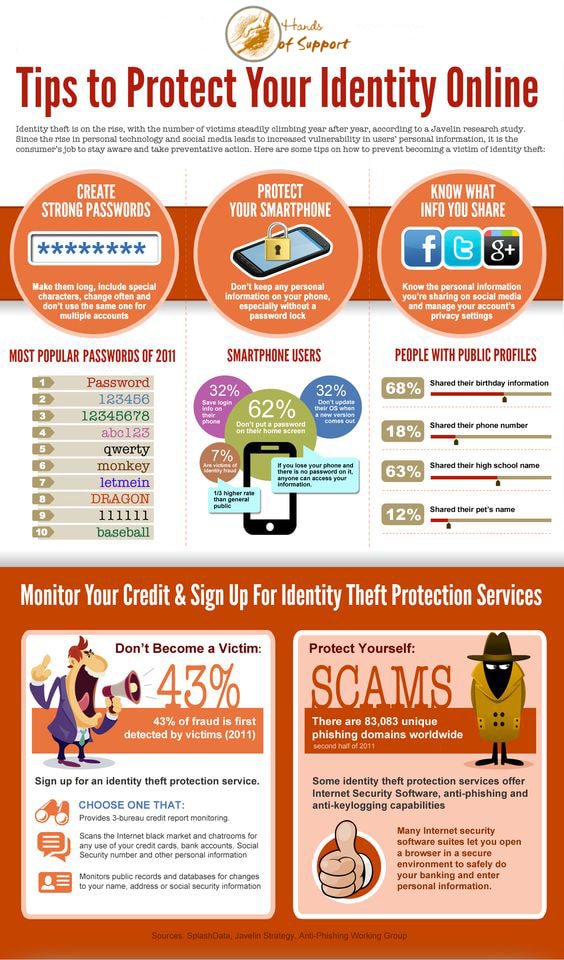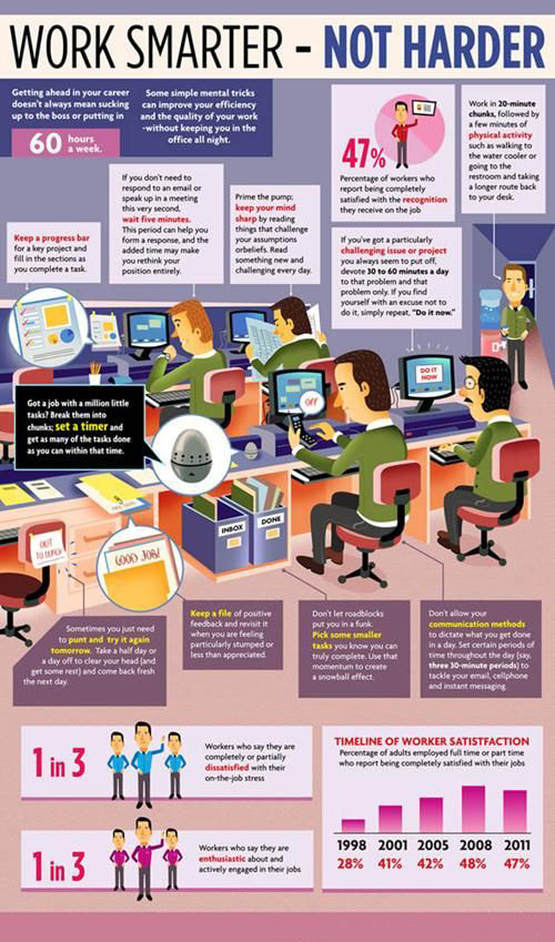|
If you’re looking to keep your computer safe from malware, viruses, and other online threats, then there are a few tips and tricks that you can use in order to ensure that you’re covering all of your bases. Most of the time it’s a bit of simple knowledge about how viruses are spread, and a few things not to do in order to prevent yourself from accidentally downloading a bad piece of software.
Check out these tips that you can easily implement today: 1.) Don’t Open Suspicious Email – this goes without saying, and it’s probably the most common tip out there. Unless you’ve been living under a rock then you should know that the bottom line is that if an email looks fishy, it probably is. Modern spam filters tend to block most of the crap, but occasionally if a friend’s email gets hacked some spam and malicious links or files can slip through the cracks. 2.) Don’t Click Suspicious Email Links – this goes with the tip above. If you get an email from a friend that looks suspicious, don’t click the link or open the attachment. Ask your friend if he or she sent the email first. 3.) Stay In Internet Safe Zones – when browsing the internet, stick to well known sites. The more you go off the beaten path into the internet’s seamy underbelly, the more likely you are to pick up a virus. Adult sites, gambling, and hacking sites are the most well known spreaders of malware and viruses. You sometimes only have to visit the infected site to become infected yourself in what’s known as a “drive by” installation. 4.) Stay Up On The Latest News – bookmark a few good blogs such as Krebsonsecurity.com and CNet’s Security And Privacy home page. This way you’ll be up to date on the latest news in the world of cybercrime, and you’ll be the first to know of data breaches and password hacks. 5.) Change Your Passwords – this is something probably only 2% of people actually do, but it’s a way to ensure your accounts stay safe. Change your passwords on a regular basis, and use different passwords for each account. 6.) Only Online Shop From Trusted Retailers – if a site looks too good to be true, or if it looks suspicious in any way, Google a bit about it to ensure that it’s safe. Look for “https://” in your web browser to ensure that the site is encrypted and has a secure connection. Do not put credit card payment or other info into a site if it doesn’t have “https://”. 7.) Employ The Use Of Antivirus Software – Having antivirus software and antimalware software (such as Norton 360) are absolutely necessary, and if you don’t have them you’re just asking for it. 8.) Ensure Windows Is Up To Date – have you been putting off that scheduled Windows update? Don’t! It’s highly important to ensure that Windows is entirely up to date with the latest patches. Microsoft is constantly working for you to fix security holes before they become an issue, so take them up on that! Don’t put off that Windows update any longer. 9.) Ensure All Other Software Is Up To Date – Ensure that all web browsers and other software is up to date as well. This goes for things like Adobe Flash, Air, Reader, etc. It also goes for your antivirus software – ensure that it’s getting the latest definitions on a daily basis. Don’t be lazy about putting off an update. 10.) Back Up Your Data – this will always be number one. Ensure that you back up your data to an external hard drive (or better yet, a cloud storage drive) on a regular basis to cover yourself in the event that a virus or malware program slips by your security and good habits. Even the best laid plans often go awry, and even the most professional computer experts can still get a virus or malware.
2 Comments
Identity Theft is on the rise, with the number of victims steadily climbing year after year, according to a Javelin research study. Since the rise in personal technology and social media leads to increased vulnerability in users' personal information. It is the consumer's job to stay aware and take preventative action. Here are some tips on how to prevent becoming a victim of identity theft.
Getting ahead in your career doesn't always mean sucking up to the boss or putting in some simple mental tricks can improve your efficiency and the quality of your work - without keeping you in the office all night.
|
Archives
August 2018
Categories |




 RSS Feed
RSS Feed

